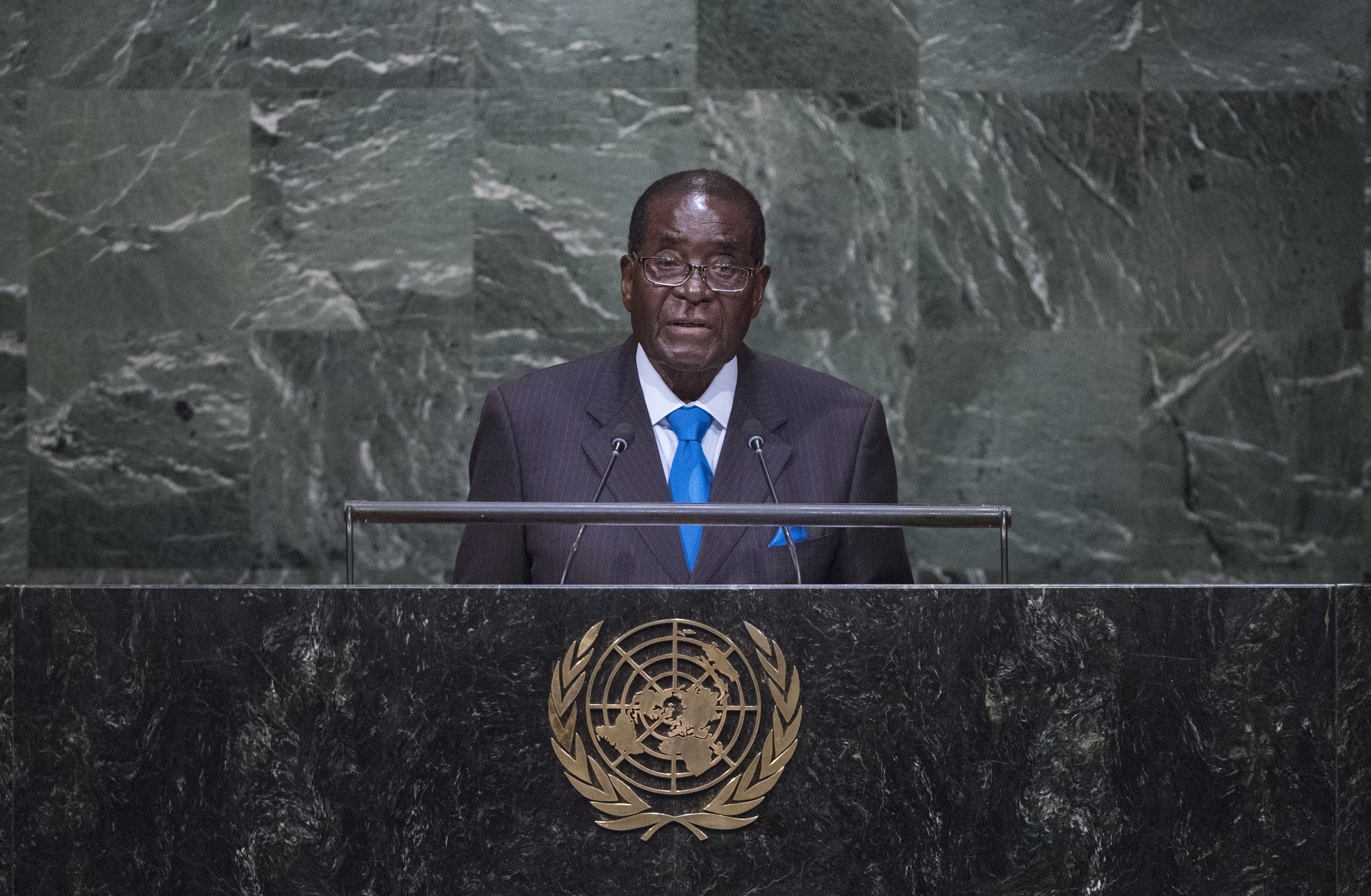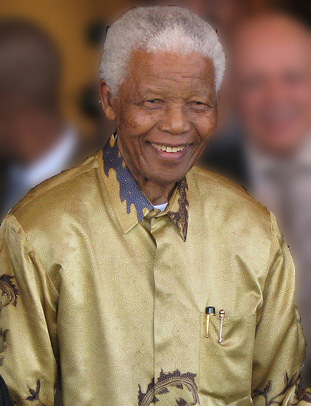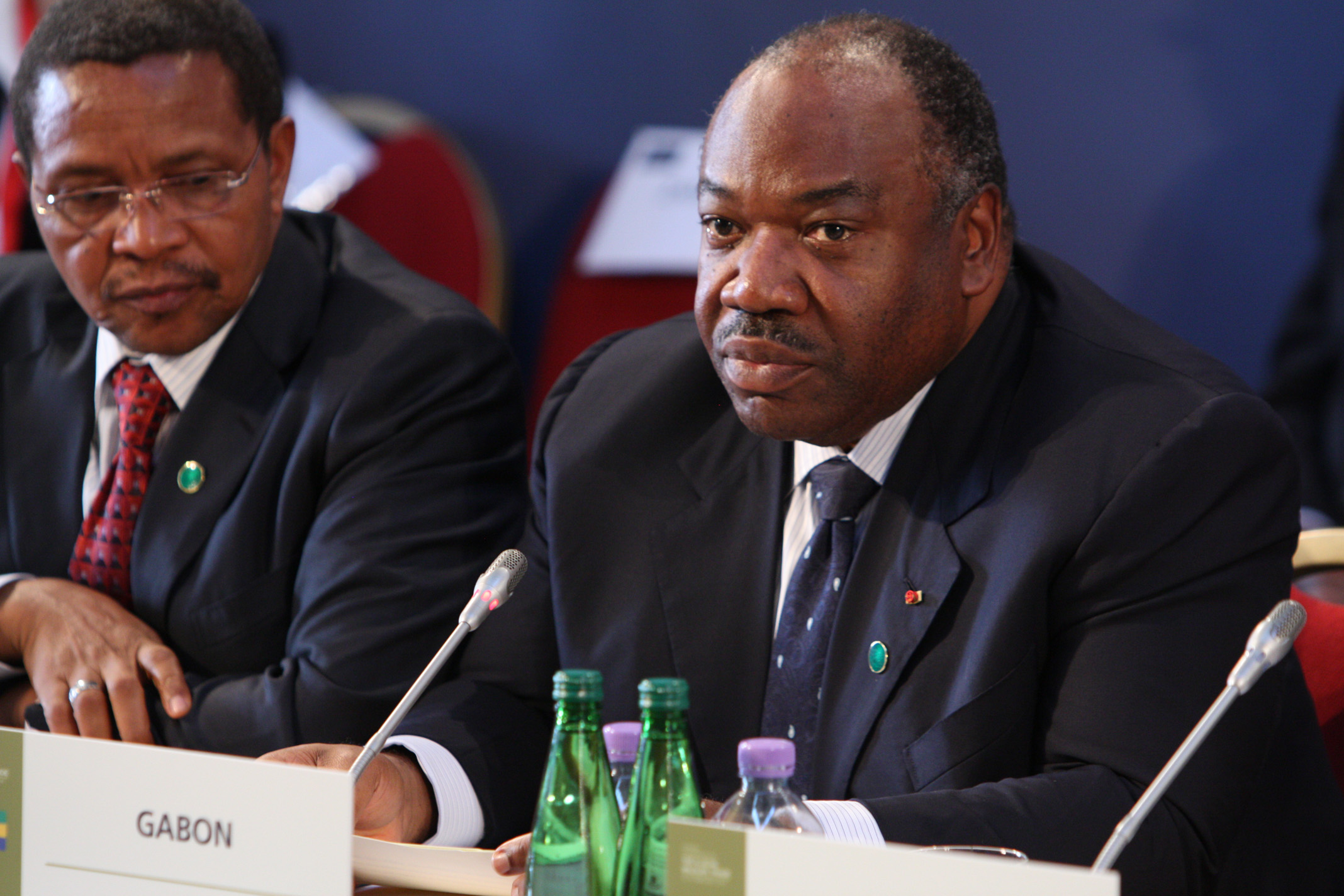Africa is known for its dictators and their uncanny ability to stay in power for decades despite widespread corruption, bad governance, and deep unpopularity. Until recently, the continent had ten of the top 14 longest-serving leaders. This included Robert Mugabe, who had lead Zimbabwe with an iron fist since 1979, and Angola’s Jose Eduardo dos Santos, also in power since 1979. In fact, the longevity of African rulers and their unwillingness to peacefully transfer power has been such a problem that Mo Ibrahim, the Sudanese-British billionaire, set up a foundation specifically designed to incentivize African leaders to step down—almost no leader has taken him up on his offer.
But things changed suddenly at the end of last year. Between September 2017 and February 2018, four African leaders abruptly announced their resignation. This included Mugabe and dos Santos, as well as Hailemariam Desalegn from Ethiopia and Jacob Zuma of South Africa. Why did these leaders suddenly decide to step down? And why did they do it now as opposed to some other time?





